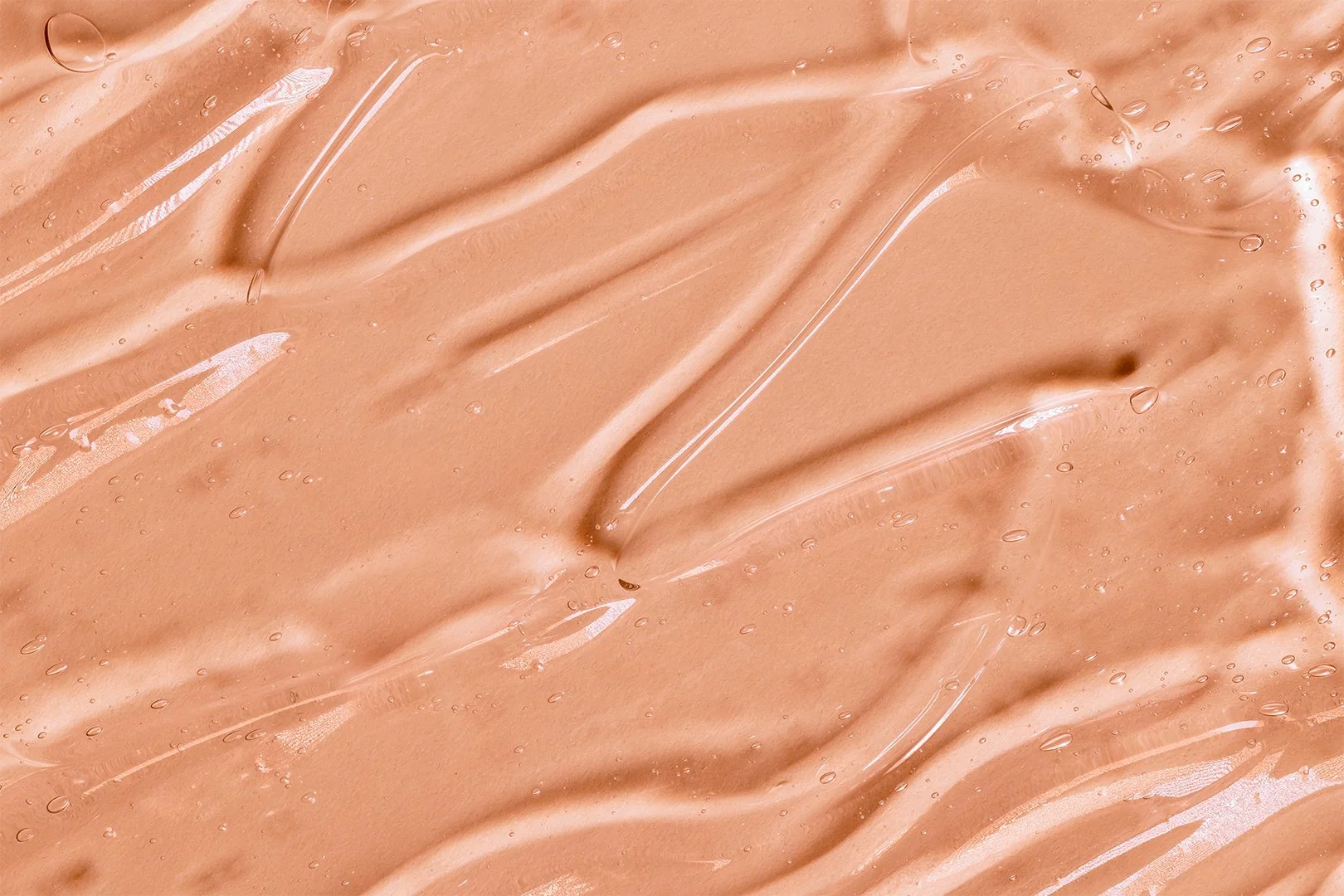It’s one of skincare’s greatest mysteries: “Is my skin dry or dehydrated?” It can be difficult to tell, which makes it difficult to know what product you need to remedy these conditions.
Hydration and moisturization are two different things. Moisturizers form a barrier on the skin, locking in moisture and making your skin softer. Hydrators absorb moisture from the air (or the skin itself) and keep it trapped. This means you’ll need to take a different approach according to your skin's condition.
Here’s how to know if your skin is dry or dehydrated:
Dry Skin
Dry skin occurs when the skin isn’t producing enough oil (sebum). It may be that your skin is naturally dry (e.g., you have a dry skin type), or certain environmental factors are causing it to become drier than normal (e.g., cold winter weather).
Dry skin may appear scaly or flaky, while also showing redness and irritation. Your face may also feel tight. Dry skin is also more susceptible to conditions like eczema, psoriasis, and dermatitis.
Dehydrated Skin
Dehydrated skin develops when there is an insufficient supply of water in the skin. Regardless of skin type, anyone can get dehydrated, even those with oily or combination skin. Dehydrated skin typically looks dull and can exhibit early aging symptoms like wrinkles and decreased elasticity. Other signs of dehydration can include dark under-eye circles and itchiness.
So, how do you know if your skin is dehydrated? Try the pinch test. Pinch a small amount of skin on your cheek, abdomen, chest, or the back of your hand and hold for a few seconds. If your skin snaps back, you’re likely not dehydrated. If it takes a few moments to bounce back, you’re likely dehydrated.
While not entirely conclusive, this simple test is a great way to get you thinking about your skin from the inside out.
What You Need
If your skin is exhibiting dryness symptoms, look for products that contain natural oils. Seed oils like almond and coconut are a great place to start. Plant oils like jojoba, rosehip, and tea tree are also effective for combating dry skin. Beyond that, look for products containing ceramides, which help to strengthen your skin’s natural barrier and prevent moisture loss.
For skin that’s dehydrated, look for ingredients such as hyaluronic acid, glycerin, honey, and aloe. Drink plenty of water, and consider using a humidifier to increase the moisture in the air. Avoid harsh cleansers, and consider reducing your daily caffeine and alcohol intake (limit yourself to two cups of coffee and one glass of wine per day to reduce the effects of dehydration).
Although often considered the same, dry and dehydrated skin have distinct needs. However, the goal is the same: to restore balance to your complexion. With the right products and a little know-how, you’ll be prepared to handle any skin-related drama life throws your way.
